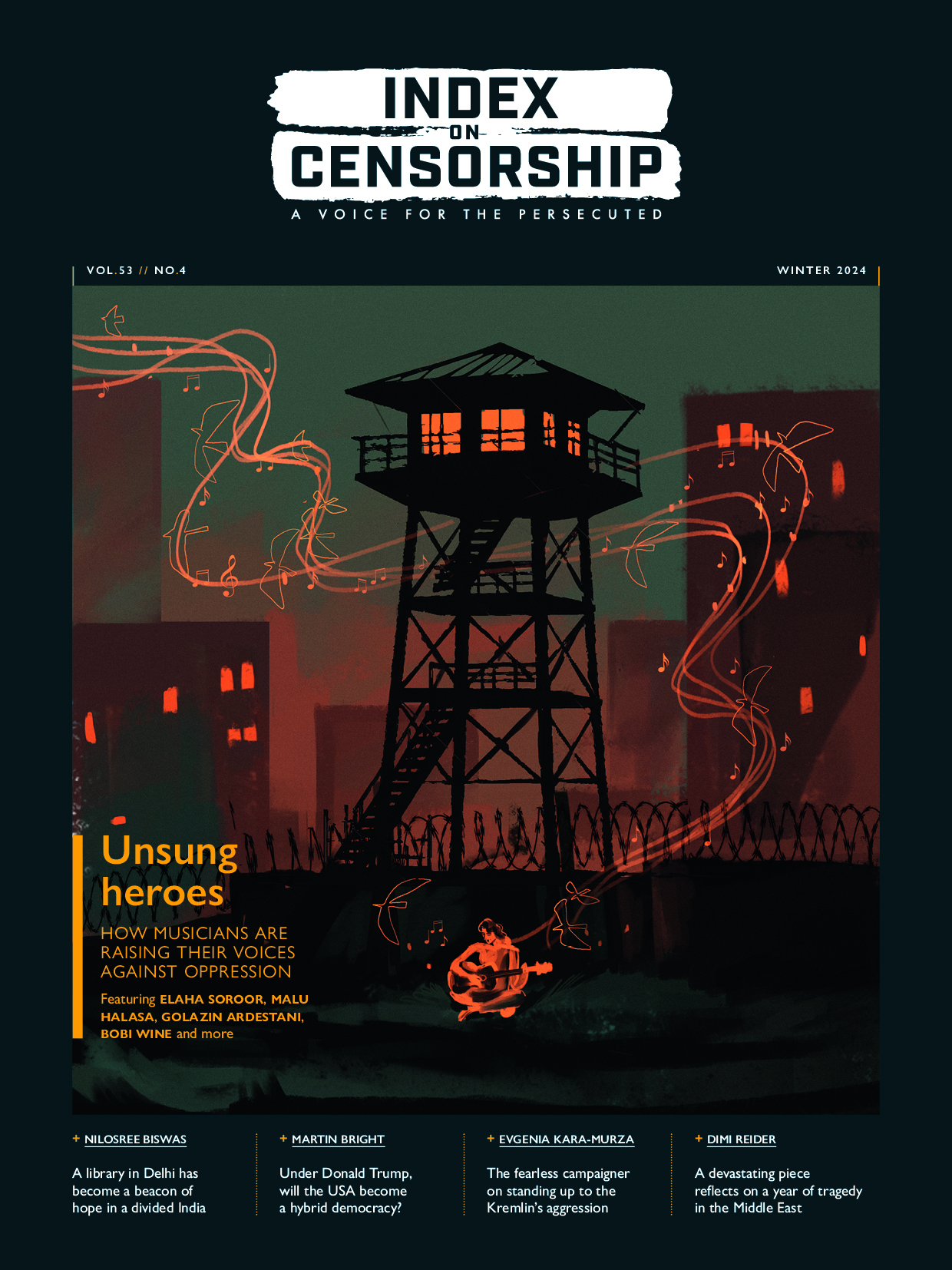India’s University Grants Commission (UGC), amongst its other responsibilities, determines and maintains the standards of institutions of higher education in India. As a part of this duty, it had warned students that an institution called IIPM (Indian Institute of Planning and Management) is not a recognised university and does not have the right to issue certificates. The message on the commission’s website has now been blocked, following an interim court order by the Gwalior High Court in relation to a case filed by one of the companies owned by IIPM’s head — Arindam Chaudhuri — seeking to block defamatory content against his institution. The UGC site is not the only website affected by the order. On 15 February, the Department of Telecommunication (DoT) requested Internet Service Licensees to block 73 URLs carrying content criticising IIPM. The sites included news websites such as The Times of India, Wall Street Journal, The Indian Express, Firstpost, Outlook magazine, Economic Times, Caravan magazine, the popular blog Kafila, and even some satirical websites like Faking News and The UnReal Times. The court blocked a total of 61 URLs.
The court did not inform affected parties of the block order. The founder of Kafila, Shivam Vij gave a statement to Firstpost on the matter saying that the move was “against the principle of natural justice. The court blocked the URL of my blog without giving me a chance to defend myself.”
Indian news agencies and think-tanks have been questioning the method and the necessity of such an order by the court, and whether or not it opened the door to censorship. Noting the value given to free speech by courts in democracies, experts at the Center for Internet and Society has expressed fears that “the court order has moved away from the settled principles of law while awarding an interim injunction for blocking of content related to IIPM”. The hurry in which the court ordered websites’ blocking is worrying, and even India’s government is planning to challenge the court order, as it involved one of its own sites (UGC).
The lack of transparency in this action also points to two facets of the fight for online freedom in India. The first is that internet service providers are the vehicle through which sites can be blocked when specific sites do not comply. In an interview with Firstpost, Chaudhuri claimed that Google had failed to comply with a previous court order to remove “defamatory” content about his business. The other is that despite the length to which Chaudhuri has gone to curb any criticism of his institution, in a wired world it is next to impossible. Hackers have not only crashed his website, but social media users have also slammed Chaudhuri’s move to censor the web, and #IIPM trended on Twitter for days following the incident. They have, in turn, been copying the blocked text of censored articles online.
In the meantime, it has now been revealed that IIPM is actually licensed under the Shops and Establishments Act, rather than the UGC. It will be tough to stop this information from going viral, but Chaudhuri can certainly try.





